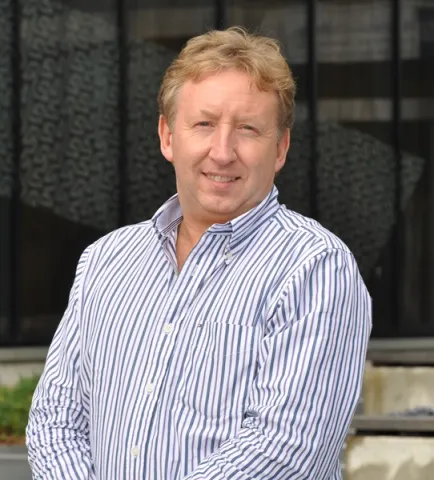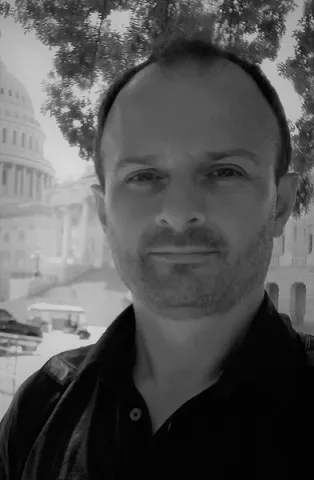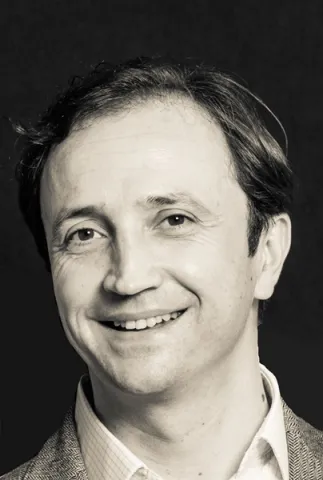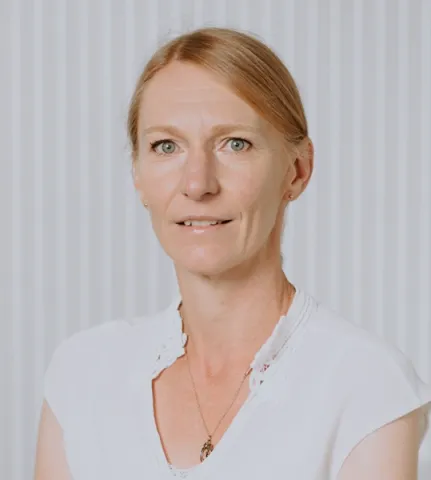Project overview
The theme of this platform grant is electronic-photonic convergence. It underpins expertise in integrated photonics platforms such as silicon photonics, mid-IR photonics, non-linear photonics and high speed electronics, all of which make use of a common fabrication platform. The convergence of electronics and photonics underpins a host of technologies ranging from future internet to consumer products, and from biological and chemical sensing to communications. The integration of electronics and photonics is recognised as the only way to manage the massive data demands of the future, and is consequently crucial to the continuation of the digital age.
Silicon Photonics is an example of an emerging technology that will bring photonics to mass markets via integration with electronics. Integrated silicon systems are projected to serve a market in excess of $700M by 2024 (Yole Development, 2014), but is reliant on photonics converging with electronics. Furthermore, some aspects of silicon photonics will encompass non-linear photonics in second generation devices for all optical processing in a fully integrated platform. Similarly, related technologies such as SiGe-on-Insulator and Ge-on-Insulator are poised to revolutionise the next generation of communications and integrated sensor technologies, all on an integrated platform with electronics and non-linear photonics. Underpinning a team in these crucial areas of expertise supported by a flexible funding platform will enable us to pioneer work in these technology areas, and to add value to ideas that emerge.
The convergence of electronics and photonics will result in complex integrated systems, linked via fabrication technologies. Electronic-photonic integration has yet to be addressed in a meaningful way in silicon based technologies, and this team collectively have the essential skills to do so, at an institution that possesses the key fabrication equipment to facilitate success. Due to the complex nature of fabrication for research, existing RAs are fully utilised, and have little or no additional scope for strategic research. The platform grant will give us the opportunity to dedicate fabrication resource and RA skills to strategic projects, and specific innovation. We will do this by utilising the RAs within the project to deliver work of significant strategic importance to the portfolio of grants held by the group, whilst also developing the research and managerial skills of the RAs by giving them specific management responsibilities whilst being mentored by one of the investigators.
Silicon Photonics is an example of an emerging technology that will bring photonics to mass markets via integration with electronics. Integrated silicon systems are projected to serve a market in excess of $700M by 2024 (Yole Development, 2014), but is reliant on photonics converging with electronics. Furthermore, some aspects of silicon photonics will encompass non-linear photonics in second generation devices for all optical processing in a fully integrated platform. Similarly, related technologies such as SiGe-on-Insulator and Ge-on-Insulator are poised to revolutionise the next generation of communications and integrated sensor technologies, all on an integrated platform with electronics and non-linear photonics. Underpinning a team in these crucial areas of expertise supported by a flexible funding platform will enable us to pioneer work in these technology areas, and to add value to ideas that emerge.
The convergence of electronics and photonics will result in complex integrated systems, linked via fabrication technologies. Electronic-photonic integration has yet to be addressed in a meaningful way in silicon based technologies, and this team collectively have the essential skills to do so, at an institution that possesses the key fabrication equipment to facilitate success. Due to the complex nature of fabrication for research, existing RAs are fully utilised, and have little or no additional scope for strategic research. The platform grant will give us the opportunity to dedicate fabrication resource and RA skills to strategic projects, and specific innovation. We will do this by utilising the RAs within the project to deliver work of significant strategic importance to the portfolio of grants held by the group, whilst also developing the research and managerial skills of the RAs by giving them specific management responsibilities whilst being mentored by one of the investigators.
Staff
Lead researchers
Other researchers
Collaborating research institutes, centres and groups
Research outputs
Junbo Zhu, Weiwei Zhang, Ke Li, Bharat Pant, Martin Ebert, Xingzhao Yan, Mehdi Banakar, Dehn T. Tran, Callum G. Littlejohns, Fuwan Gan, Graham Reed & David J. Thomson,
2024, Photonics Research, 12(2), 701-711
DOI: 10.1364/PRJ.509237
Type: article
Stefan Tudor Ilie, Joaquin Faneca, Ioannis Zeimpekis, Thalía Domínguez Bucio, Katarzyna M. Grabska, Daniel W. Hewak, Harold Chong & Frederic Gardes,
2022, Scientific Reports, 12(1)
Type: article
Yue Fan, Qi Tang, Hailong Pi, Jamie Dean Reynolds, Suan-Hui Pu, Dinesh Pamunuwa & Harold Chong,
2022
Type: conference
R. Sohanpal, Haonan Ren, Li Shen, Callum Deakin, Alexander M. Heidt, Thomas Hawkins, J. Ballato, Ursula Gibson, Anna Peacock & Zhixin Liu,
2022, Nature Communications, 13(1)
Type: article
Ben, Daniel Rowlinson, Jiale Zeng, Arvin Cedric Mallari, Joshua, Daniel Akrofi, Martin Ebert, Liam Boodhoo & Harold Chong,
2022
Type: conference
Callum Stirling, Wei Cao, Jamie D Reynolds, Zhibo Qu, Thomas Bradley, Lorenzo Mastronardi, Frederic Gardes & Miloš Nedeljković,
2022, Optics Express, 30(6), 8560-8570
DOI: 10.1364/OE.448284
Type: article
Callum Stirling, Robert Halir, Alejandro Sánchez-Postigo, Zhibo Qu, Jamie Dean Reynolds, Jordi Soler-Penadés, Ganapathy Senthil Murugan, Alejandro Ortega-Moñux, Gonzalo Wangüemert-Pérez, Íñigo Molina-Fernández, Goran Mashanovich & Miloš Nedeljković,
2021, Optics Letters, 46(21), 5300-5303
DOI: 10.1364/OL.439985
Type: article



